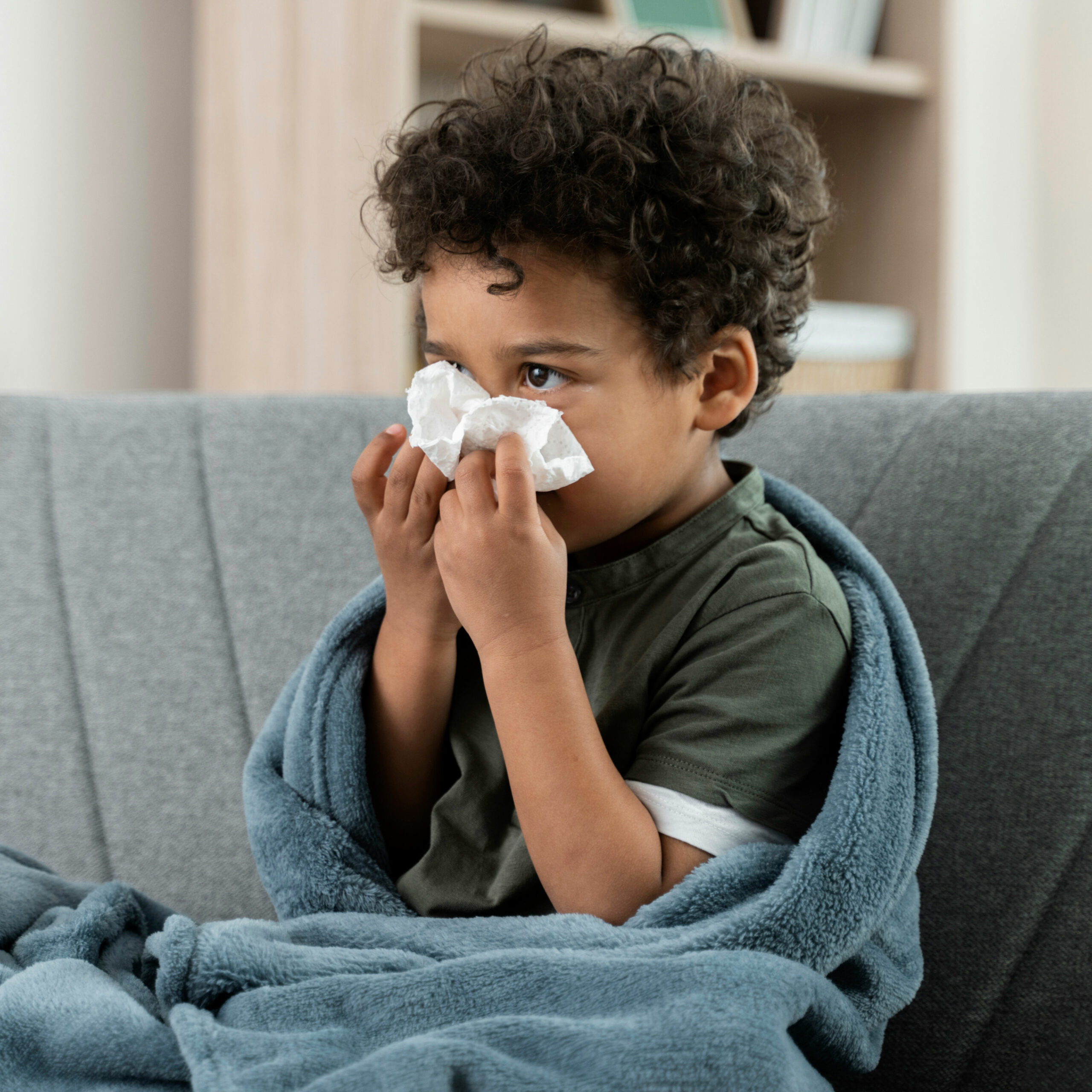Allergies can make life miserable for those who suffer from them, and while you might not be able to control the pollen counts outside, you can make a big difference in the indoor air quality of your home or office by properly maintaining your AC system. In this blog post, we will explore the connection between HVAC systems and allergies, including how they can affect allergy sufferers and what steps you can take to alleviate allergy symptoms.
How HVAC Systems Affect Allergies?
HVAC systems can have a significant impact on allergies, as they are responsible for regulating the air quality and humidity levels in a building. Poorly maintained HVAC systems can circulate allergens throughout a building, exacerbating allergy symptoms. Dust, pollen, mold spores, and other allergens can become trapped in air ducts, filters, and other components of an HVAC system, where they can continue to circulate throughout the building.
The Role of Air Filtration in HVAC Systems
One of the most important functions of an HVAC system is air filtration. Filters can capture allergens and other particulate matter, preventing them from being circulated throughout the building. Choosing high-efficiency filters can make a big difference in the air quality of a building, as they can capture smaller particles that lower quality filters might miss.
The Importance of Humidity Control for Better Indoor Air Quality
Proper humidity control is another critical factor in controlling allergies. Too much humidity can encourage the growth of mold and other allergens, while too little humidity can lead to dryness and irritation of the nasal passages and throat. Maintaining humidity levels between 30-50% can help reduce the spread of allergens and improve overall air quality.
Improving your Home’s Ventilation
Finally, ventilation plays a role in reducing allergens and improving indoor air quality in your home. Proper ventilation helps to remove stale, stagnant air and replace it with fresh outdoor air. This can help to reduce the concentration of allergens in your home, particularly if you live in an area with high outdoor pollen counts. Your HVAC system can help with ventilation by bringing in fresh outdoor air and exhausting stale indoor air.
Say Goodbye to Allergies
In conclusion, properly maintaining your AC system can make a significant difference in reducing allergies. By ensuring that your HVAC system has clean filters, controlling humidity levels, and implementing good ventilation practices, you can improve indoor air quality and reduce the presence of allergens in your home or office. If you’re experiencing persistent allergy symptoms, contact an HVAC professional like us. We can assess your system and recommend the best solutions for your specific needs. Don’t let allergies keep you from enjoying your home or workplace take action to improve your indoor air quality today.
Improve your Indoor Air Quality today and forget about your allergies
At Ivannova Air Conditioning, we ensure that you and your family can breathe easier and forget about allergies. We provide customized and reliable solutions to customers. In addition, our company delivers high quality work at incredibly prices. We always put our customers first. Call us today at (305) 713-6033 or schedule online.

